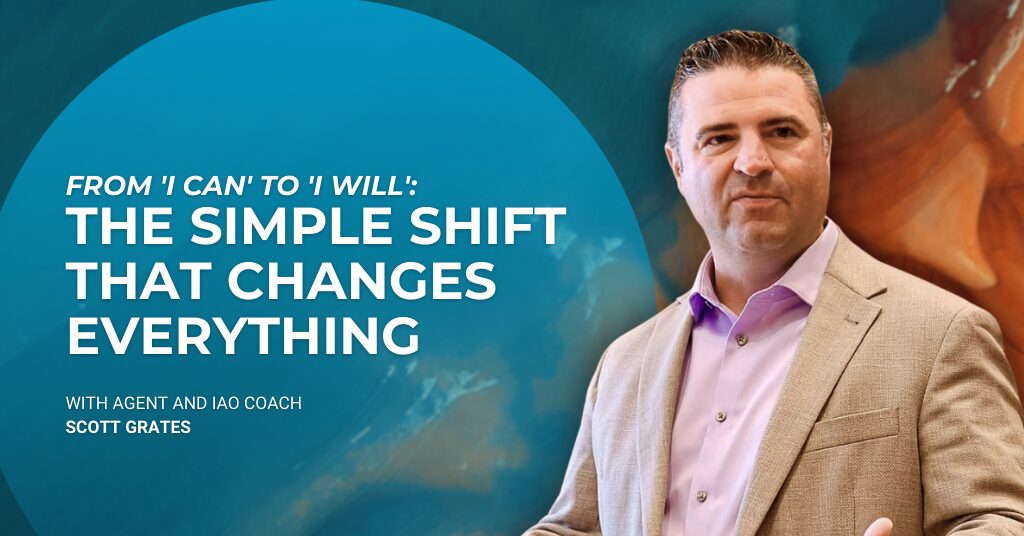
We work in a public-facing service business. Our customers–the public–are human beings and they are the lifeblood of our business.
Anyone working in a public-facing job knows the human aspect is not always a piece of cake. Thinking about the range and diversity of personalities we deal with on a daily basis can make one nearly laugh. Because it’s easier than crying.
We all deal with difficult customers.
And we deal with difficult situations.
The worst part about having a difficult customer is that just one encounter can throw off (or flat out ruin) our day… or even our week. Or worse, our mindset.
Yet knowing how to handle undesirable customer situations does not come naturally for everyone. It’s not something we intuitively know when we enter the field. It usually comes with time.
In this article, I’m sharing the ways I’ve adapted to working with and through difficult customers and situations.
1. Kill them with kindness.
This one is simple. The way I see it, the nastier people are to us, the nicer, we try to be with them.
My takeaway: the view is always better from the high road.
2. It’s them, not you.
This is an important one. You could do everything right, and you could be the nicest and kindest person in the world. You could be delivering immense value to someone. But they are just not in a good place. It may not be something that has anything to do with insurance or this particular situation or you; it’s just other things going on in their life.
It is important–and super helpful–to remember that what they’re going through is probably on them way more than it is you.
My takeaway: Don’t take it personally.
3. Express empathy.
What does expressing empathy sound like? It’s using phrases like, “Hey, I understand how you feel.” “I totally get it.” Or, “If I was in your situation, I’d feel the same way, too.”
It’s genuinely expressing that you understand them and their feelings and you’ll do what you can to help them through the situation. The important part here is your sincerity.
My takeaway: Whatever your preferred empathy statement is, share it with the customer to help them become comfortable with you.
4. Educate on the process and your role.
I tell my customers (and prospective customers), “You may not like the answer that I’m about to give you, but it’s an honest answer.” And I always deliver honesty. If it’s good or bad or indifferent, they’re going to get the truth.
And then, it’s a matter of ‘what’s done is done, and here’s what we’re going to do about it. I can’t change their past and nor can they. I tell them I can only help move the situation into the future. And I tell them what the process looks like.
See, a lot of times people don’t understand that we’re a liaison, which is a fancy way of saying a middle person. The insurance company has the policy; they will ultimately make the decision. The person is a customer of the insurance company. As Agents, we are tapped on the shoulder to help connect the customer and the insurance company and explain the insurance company’s decisions.
My takeaway: We are educators. And therefore, we are not giving our personal decisions about the customers’ policies. Our role is to help the customer through it.
5. Alas, agree to disagree.
If you arrive at a point where you are simply not going to change the person’s mind–you’ve explained the process, you’ve explained your role–and they choose not to accept that process or the decision… sometimes you just have to agree to disagree.
A catchphrase I use a lot with my team is, ‘never argue with ignorance.’ We encounter ignorant people in our job. If someone will flat out not have a reasonable conversation with you, all you can do (and you must) is keep it professional, accept and move on. If you’ve done your best to help and they don’t respond kindly then know you have tried.
My takeaway: There is no use arguing with an ignorant person.
You’ve had a difficult interaction with a customer. Now what?
After one of these interactions, I find it helpful to take a timeout… a breather. Slow down: get away from your computer and your desk and even the building. Take a minute to clear your head and think about something else.
Deep breathing comes in handy in a case like this.
What does not help is dwelling on it.
I say to my team, “You don’t remember the unpleasant interactions from two months ago, so two months from now, you’re probably not going to remember this interaction either.”
While it feels like the weight of the world is on you in the moment, it will soon be forgotten by them and you just do the best you can.
Crossing the line.
An important final point about dealing with difficult customers is this: you cannot allow someone to “cross the line.” What that line is at your Agency is something to be decided by the Agent and shared with the team.
For me personally, I stand behind my team. Like the way I stand behind my family, we can agree to disagree. We can educate you on how things work. We can help the very best that we can. We can own the mistakes that we make, but what we cannot–and do not– allow are mean-spirited comments or behaviors. We don’t put up with a belligerent person who makes derogatory or demeaning statements on any level. For us, that crosses a line.
If my team member encounters this sort of behavior, they have my permission to pass the call to me, or if the matter warrants it, they can hang up the phone. It has happened before that I’ve made sure a nasty customer has found a different place to do business. My team means far too much to me to expect them to accept hateful customers.
Like all public-facing businesses, dealing with unhappy or rude people is part of the business. Sometimes bad things happen on the service end that we can’t control.
Our best solution for dealing with difficult customers is to make the best of the situation. And keep in mind that a few years in the business will build a thicker skin and the difficult customers might not bother you quite so bad.
Bonus: Happy customers often come from doing little things on a consistent basis. Check out the tips in 5 Not-So-Little-Things That Matter Big for Customer Satisfaction, from our Retention Rock Stars series to help you gain customer satisfaction.




